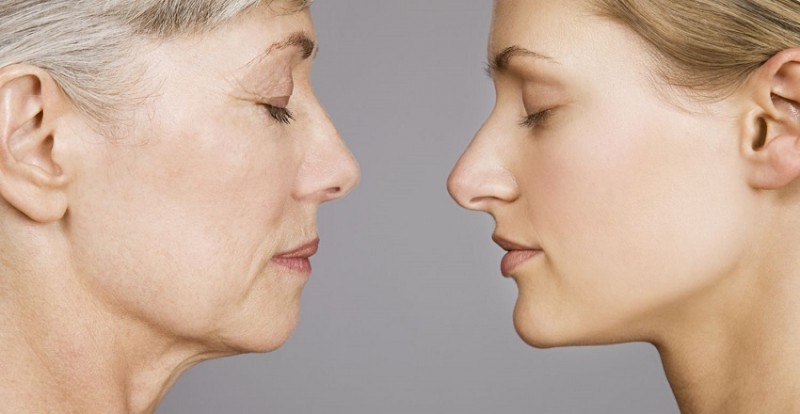
In our fast-paced lives, it’s easy to fall into habits that seem harmless but could be silently aging us. One such habit, often overlooked, is poor sleep hygiene. From our work deadlines to binge-watching our favorite shows, many factors contribute to a lack of quality sleep, but the consequences may be more severe than we realize.
Understanding the Impact
Sleep is essential for our physical and mental well-being. During deep sleep, our body undergoes crucial repair processes, including cell regeneration, hormone regulation, and immune system strengthening. When we consistently fail to get adequate sleep, these functions are disrupted, leading to a cascade of negative effects:
Premature Aging: Lack of sleep can accelerate the aging process, resulting in fine lines, wrinkles, and dull skin.
Increased Inflammation: Chronic sleep deprivation can lead to higher levels of inflammation in the body, linked to a variety of age-related diseases.
Impaired Cognitive Function: Sleep is crucial for memory consolidation, learning, and overall cognitive performance. Without it, our mental abilities decline.
Weakened Immune System: Sleep deprivation suppresses our immune system, making us more susceptible to infections and illnesses.
How Sleep Deprivation Ages You
When we don’t get enough sleep, our body produces more cortisol, the stress hormone. Elevated cortisol levels break down collagen, a protein that keeps skin smooth and elastic. This breakdown leads to wrinkles and sagging skin, contributing to premature aging. Moreover, sleep deprivation also reduces the production of growth hormone, which is responsible for repairing tissue and maintaining youthful skin.
Tips to Improve Your Sleep
Improving your sleep habits can reverse these effects and help you maintain a youthful appearance and vibrant health:
Establish a Routine: Aim to go to bed and wake up at the same time every day, even on weekends.
Create a Sleep-Friendly Environment: Keep your bedroom cool, dark, and quiet. Invest in a comfortable mattress and pillows.
Limit Screen Time: The blue light emitted by screens can interfere with your sleep. Turn off electronic devices at least an hour before bedtime.
Watch What You Eat and Drink: Avoid heavy meals, caffeine, and alcohol before bedtime. Opt for sleep-promoting snacks like nuts, yogurt, or a banana instead.
Manage Stress: Practice relaxation techniques such as deep breathing, meditation, or yoga to calm your mind before bed.
Exercise Regularly: Physical activity during the day can help you fall asleep faster and enjoy deeper sleep.
Quality sleep is not a luxury; it’s a necessity for our health and well-being. By making sleep a priority and improving our sleep habits, we can slow down the aging process, boost our immunity, and enhance our overall quality of life. Remember, a good night’s sleep isn’t just a treat—it’s a treatment for our body and mind.
Defend to Heat: Drink These 5 Refreshing Drinks on Empty Stomach to Cool Your Body Down
Study Warns of Abdominal Paralysis Risks from Popular Weight Loss Drugs, Check Details Here
Are You Always Hungry? Here’s What the Reason May Be